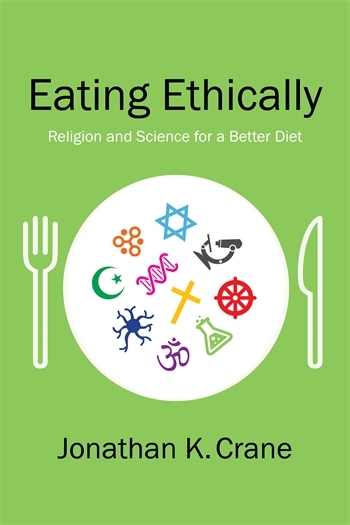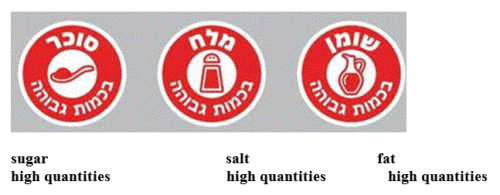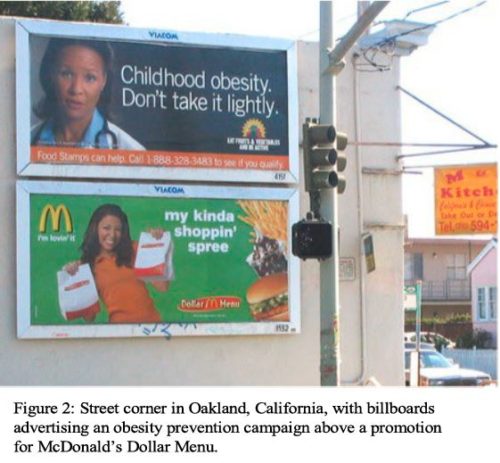Annals of marketing: Bottled ocean water?
I am ever in awe of the creative ways in which marketers sell—water.
George Kent sends me this brilliant example from Hawai’i: Kona Deep.
This, according to the website, is mined from deep ocean waters off the coast of that state.
Kona Deep offers a very different hydration experience because of its unique blend of naturally occurring deep ocean electrolytes.
“Naturally occurring deep ocean electrolytes? You mean, like, salt?
Indeed it does.
Kona Deep accesses that mineral rich deep ocean water and desalinates it using reverse osmosis while preserving its natural mineral and nutrient content.
Professor Kent did not mention how much this costs.
Translation: Kona Deep is desalinated ocean water.
Water, let me remind you, costs pennies from the tap. Most tap water in the United States is safe to drink and tastes just fine.
- If you are worried about the chlorine taste, pour some tap water into a pitcher, stir it up a bit, and leave it out overnight. The chlorine will vanish.
- If you are worried about contaminants, use a filter.
- If you need convenience, use a water bottle and fill it with tap water.
Bottled water may be handy, but it raises at least three issues:
- Financial
- Environmental: energy cost, waste, and litter removal
- Political: Bottled water reduces public trust and advocacy for municipal water supplies
Caveat emptor.





